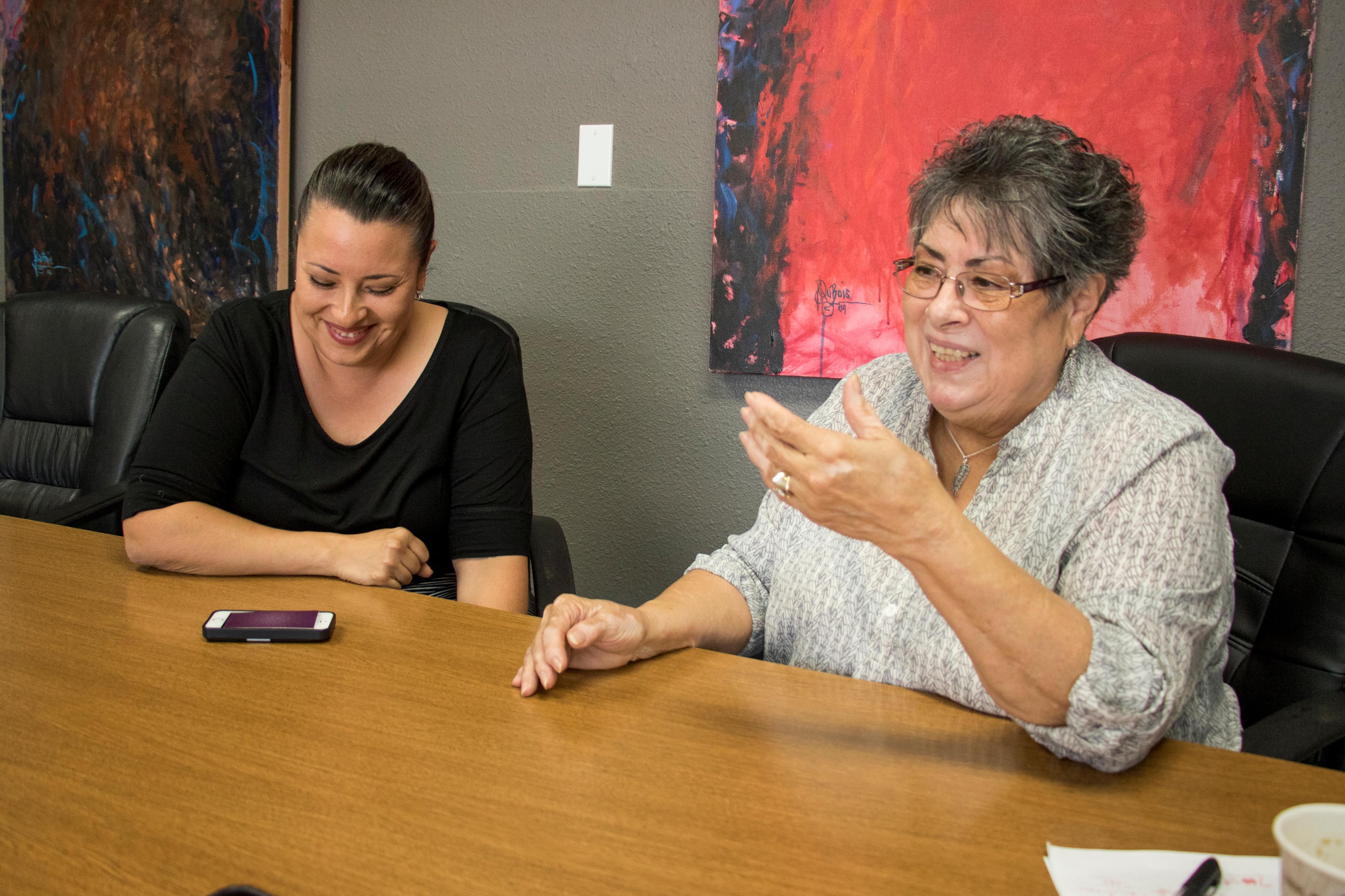Former community development corporation leader and lifelong Denver resident Veronica Barela has thrown her hat in the ring in the crowded District 3 City Council seat race, seven months after retiring from a job she worked at for 40 years.
“I really like helping people and working with people, that’s what I’m good at,” Barela said. “I’m really good at community organizing, civil rights work.”
Barela joins Annie Martinez, Raymond Montoya and Jamie Torres in a pool of candidates seeking to replace term-limited Councilman Paul López. Denverite couldn’t get in touch with David Dean Roybal, who’s also listed as running for the seat but doesn’t have information listed on the city’s Denver Elections Division.
Barela said the district includes Barnum, Barnum West, Lincoln Park, Mar Lee, Sun Valley, Villa Park and Westwood, as well as Broncos Stadium at Mile High.
Barela formerly served as president and CEO of Newsed, a nonprofit community development corporation. She said Newsed also helped get some 2,500 people into homeownership during her tenure through their home counseling services that started in the 1990s.
She’s hoping this experience will provide a useful groundwork for her work in the council.
"We were unusual," Barela said about her work at Newsed. "We did both commercial retail development — most CDCs don't do that, they do housing — so we did both housing and commercial real estate. We were responsible for the revitalization of Santa Fe Drive."
Barela said the west side was once known for being “a United Nations” because it had residents from so many different ethnic backgrounds.
But that’s changed quite a bit because of a mass migration to the suburbs in the 1960s. Barela still thinks the district has a sizable Latino population, especially Mexican-American residents, but it’s not as concentrated as it once was.
Her past work experience means she would likely try to focus on improving housing in Denver and addressing gentrification concerns. She mentions Curtis Park as a cautionary tale, where Mexican-American residents who had owned homes for generations were displaced there during the 1980s.
“My concern is all these efforts by the administration may be too little too late to turn this gentrification around,” Barela said. “It’s growing like — almost like a cancer. And I’m not saying that these neighborhood’s don’t need help. I’m not saying that, but there is a way to do affordable housing, whether it’s home ownership or rental, to make these developers do the right thing.”
She said gentrification has gone on too long, making it tricky to address.
“There’s things you can do at a city level to make sure that developers are doing affordable units as they build, that’s one of the keys,” Barela said. “I don’t know how you educate people not to sell their property.”
Such propositions can be enticing, Barela said. She knows someone who continues to hold on to their home on the city’s north side, despite development going up all around her.
"It's scary, because it's pushing people of color out, it's pushing elderly people out and it's pushing poor people out and creating a habit for the homeless," Barela said.













